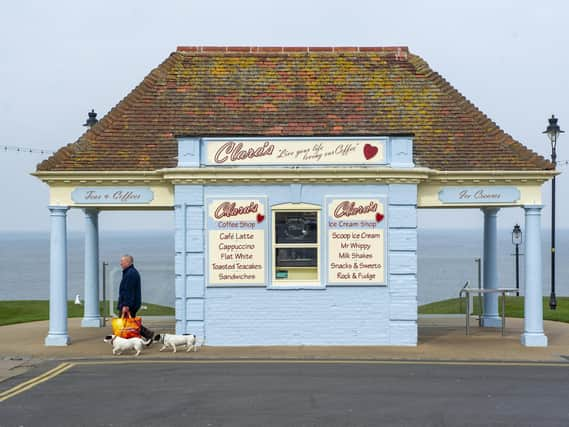First 'Mass Observation' experiment since World War Two as lockdown diaries project is launched


People have been invited to submit images of their experiences over seven days in lockdown, and 10 artists from across the country, including Leeds photographer Coralie Datta, will also produce special images.
It is the first time the British public have been asked to document their everyday life for historic record since 1939, when the social research organisation Mass Observation invited 480 ordinary people to send them day-to-day accounts of their lives under wartime conditions. These diaries are still held in archive storage and extracts have subsequently been published.
Advertisement
Hide AdAdvertisement
Hide AdPhotographs taken by members of the public during the war years were also added to Historic England's archives afterwards.
Anyone can submit an image online that relates to the challenges of self-isolation, social distancing and restrictions on movement.
The project will run until May 5 and aims to create a unique and reflective record of a week across the nation during this extraordinary moment in history. Historic England wants to spark a conversation about identity and its connection to history and place.
Historic England's head of regions Claudia Kenyatta said: “We are facing one of the most extraordinary moments in living memory. During this time of necessary lockdown restrictions, we are asking the public and some of our most talented contemporary artists to help us record history, whilst being careful to abide by the government’s social distancing measures. We want people to show us their experiences of lockdown, how communities have come together and life has changed for us all.
Advertisement
Hide AdAdvertisement
Hide Ad"These challenging times are encouraging us all to pause and reflect upon our relationship with our surroundings. We hope this project inspires creativity and reflection, allowing the public to create a unique time capsule for the future.”
One hundred of the submitted photos will be chosen to be catalogued and preserved in Historic England's archives, and will be published in future.
To submit an image, visit https://historicengland.org.uk/get-involved/picturing-lockdown/